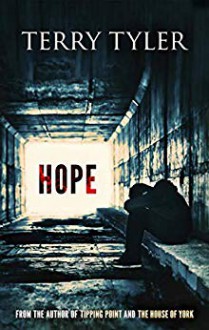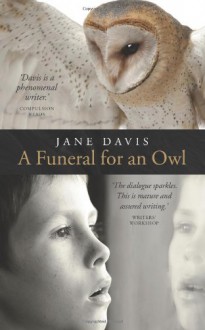
Edward and Alphonse Elric are essentially forced to do a bit of work for Colonel Mustang in this one. Mustang is super busy but has also been tasked with monitoring a little town called Wisteria and writing up a report, so he delegates the Wisteria report to Edward.
Wisteria turns out to be a mysterious place. Everyone seems to think it's a desert utopia, the kind of place no one ever leaves. The only people allowed in are those who have nowhere else to go. Raygen, the alchemist who founded the town, explains that it operates under the law of equivalent exchange. As long as everyone works and contributes, they'll have a place to stay and food to eat. The harder jobs, like mining gemstones that are later sold outside Wisteria, pay better, but there's also easier work available in the local tavern and elsewhere around town. It seems perfect, until Edward investigates a little more.
This book had a decent message
and was basically an argument for Universal Basic Income, health care for all, etc. It was about as subtle as a sledgehammer, though, and even then it didn't quite go far enough. Yes, Wisteria had several weak, elderly, and/or frail people who couldn't do their "fair share," but I was surprised that Inoue didn't underscore the message by having one of the town's top earners, maybe Neil, injure himself on the job and experience a sudden fall from grace.
I might have liked this more if it hadn't felt so much like I'd already read it. Raygen, Wisteria, and Ruby reminded me a lot of Father Cornello, Reole/Liore, and Rose. Since that was one of the earliest storylines in the series, it surprised me that neither Ed nor Al were reminded of any of it themselves. True, Wisteria's secret was different than Reole/Liore's, but it was the same basic setup, a miraculously wonderful town controlled by a charismatic leader who wasn't as kind as he appeared to be. Both Ruby and Rose were tied to their respective charismatic leaders by their painful pasts.
I did like that Inoue paid a bit more attention to Alphonse than usual. Wisteria and its citizens prompted Alphonse to think more deeply about his goals and his feelings about his new body vs. his old one. And I really enjoyed the conversation Ed and Al had about any feelings of guilt Ed might still be carrying around. It reminded me that these two are probably my top favorite manga/anime siblings.
Translation-wise, either I just wasn't in the right mood or this one was a bit stiffer than the previous two.
This didn't really offer anything new and didn't work as well for me as the previous two novels, but it was still relatively decent.
Extras:
A handful of black-and-white illustrations, one full-color illustration, an author afterword, and a short afterword by Hiromu Arakawa, complete with a couple sketches.
(Original review posted on A Library Girl's Familiar Diversions.)

 Log in with Facebook
Log in with Facebook 









